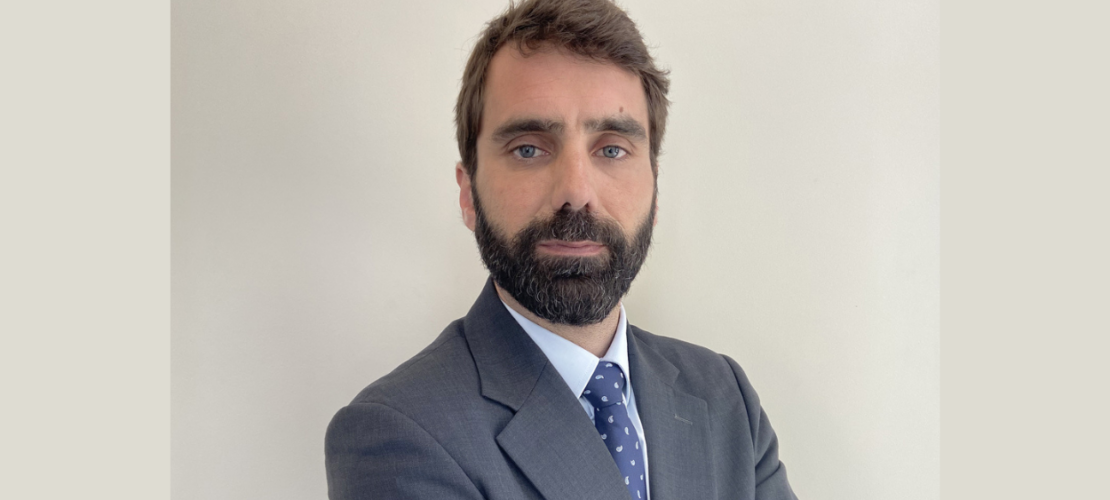Radiography of the legal market
by ilaria iaquinta
With dynamism and competitiveness marking the Spanish legal landscape in 2023, law firms’ revenues in Spain have experienced widespread growth. This phenomenon, supported by data from Iberian Lawyer indicating an 8.37% increase compared to the previous year, reaching a total of 3.18 billion euros, reflects not only the solidity of the Spanish legal market but also the ability of law firms to adapt and respond to the changing demands of the macroeconomic context.
This growth is not fortuitous but the result of various factors that have converged in the Spanish legal landscape. The increasing complexity of legal matters, driven by globalization and digitalization, has demanded greater sophistication and expertise from law firms. Furthermore, the adoption of innovative technologies has been crucial in improving efficiency and the quality of client service, thereby contributing to the increase in revenues.
In this context, the exceptional performance of certain law firms, that have shown a trajectory of sustained growth in recent years in Spain, is noteworthy. Garrigues, as the undisputed leader, maintains its position with revenues close to 400 million euros, while Cuatrecasas consolidates its position with a turnover of 309.7 million euros. Uría Menéndez, on the other hand, experiences solid growth, closing the podium with revenues of 230.10 million euros. It is important to note that these three firms not only have a presence and success in the Spanish market but also operate internationally, which significantly contributes to their total revenues. In total, Garrigues has earned 454.27 million, Cuatrecasas 388.7 million, and Uría Menéndez 290.74 million.
The concentration of revenues in the top three firms, representing 29% of the Spanish market, underscores the robustness and vitality of the national legal sector.
Continuous and solid growth is not only an indicator of the health of the sector but also of the ability of law firms to adapt and thrive in a competitive and ever-evolving environment. In conclusion, the Spanish legal landscape in 2023 is characterized by significant growth, supported by the strength and adaptability of the segment.
Furthermore, in this issue of Iberian Lawyer, a series of relevant content is presented that addresses various aspects of the Spanish and Portuguese legal scenery. The cover story is an exclusive interview with the managing partner of Cuatrecasas, Javier Fontcuberta, discussing the new strategic plan and the revenue records of 2023. We cover the legal project of the Copa América in Barcelona, led by Juan Ignacio Alonso from Andersen Barcelona, interviewed alongside José Vicente Morote, managing partner of the law firm. We speak with experts in the field about the impacts that the approval, which occurred last March, of the first European Regulation on Artificial Intelligence will have in Spain, which guarantees security and respect for fundamental rights while promoting innovation. Also, we discuss robots versus humans in the workplace, a topic that seems futuristic but is already being debated, with experts in labor law. We examine the phenomenon of co-living and its regulation in different regions of Spain. Following the announcement about the implementation of an AI tool by Repsol’s internal legal department, we speak with Repsol’s general legal affairs director, Pedro Blanco. Finally, we present the results of the survey conducted in collaboration with the Iberian chapters of ACC Europe, which reveals the spending trends of internal legal departments in Spain and Portugal.
Undoubtedly, the legal sector in the Iberian Peninsula is distinguished by its dynamism, innovation, and competitiveness. The complexity and breadth of this industry in the region reflect an environment of constant change, where law firms must stay abreast of the latest developments and emerging trends. The ability to adapt and respond quickly to these changes is fundamental in a legal market as dynamic as Iberia.












